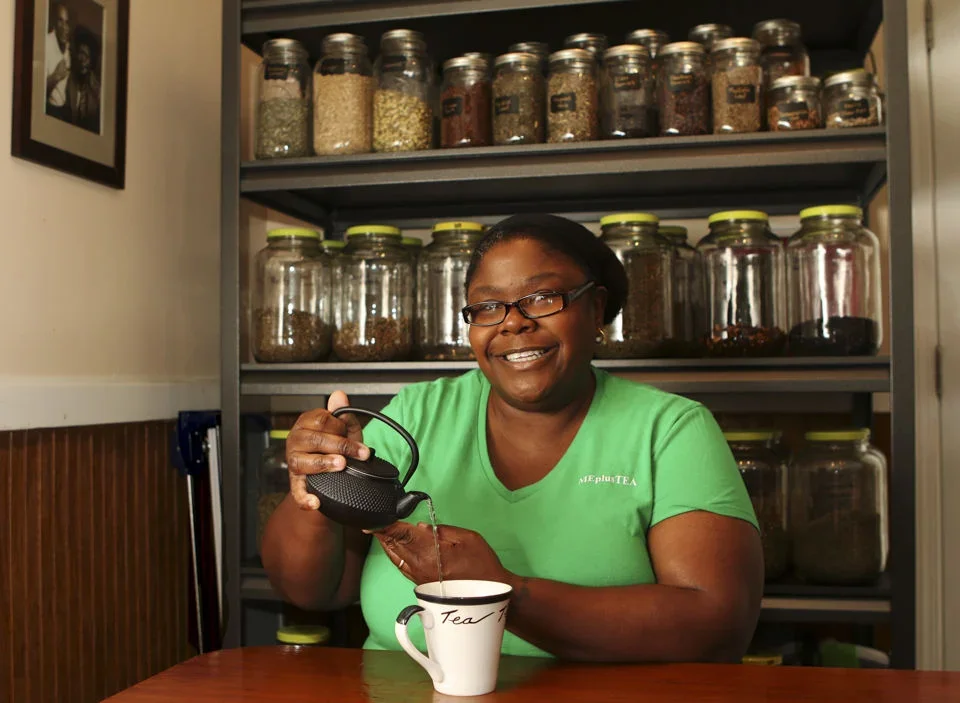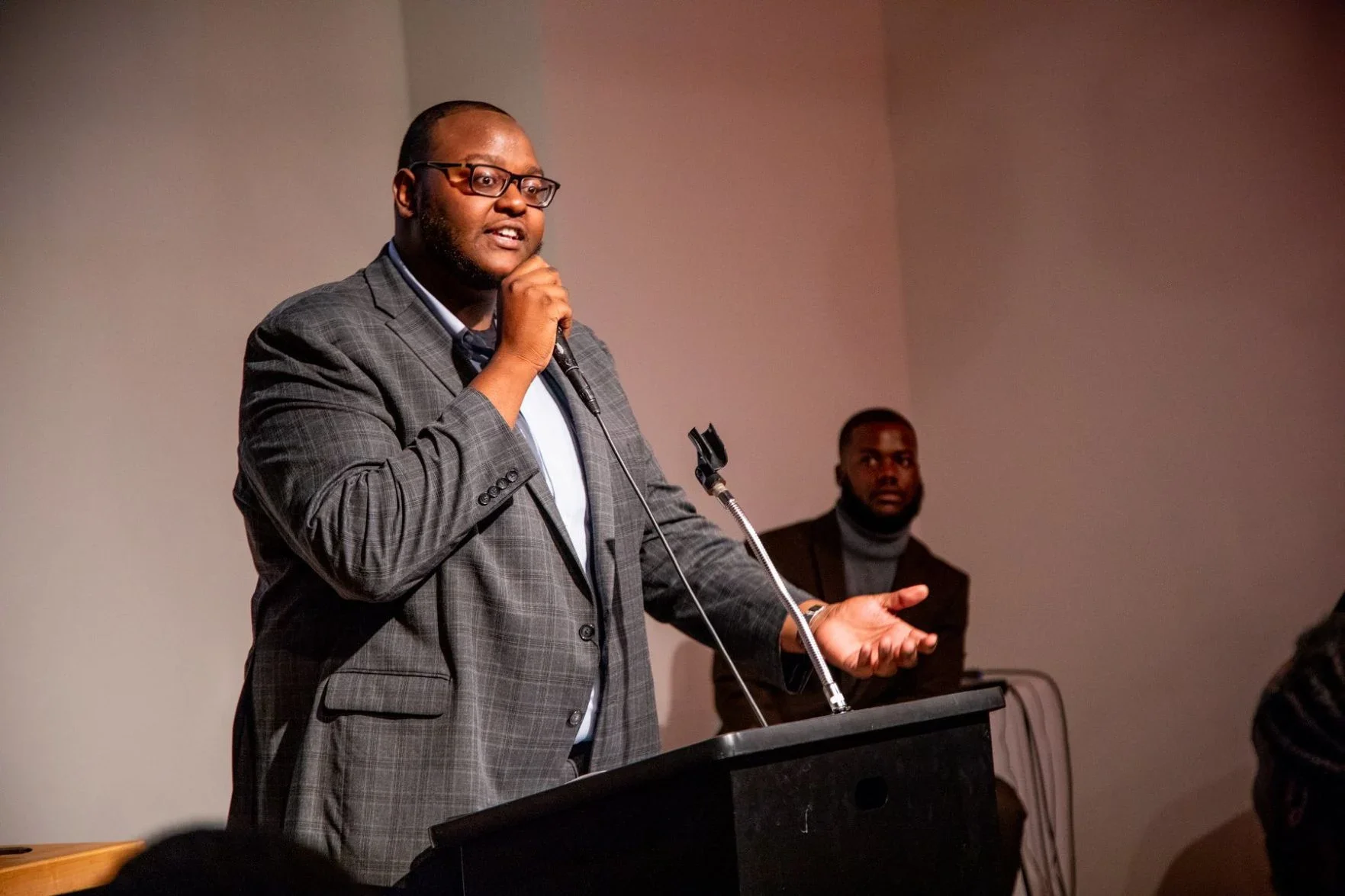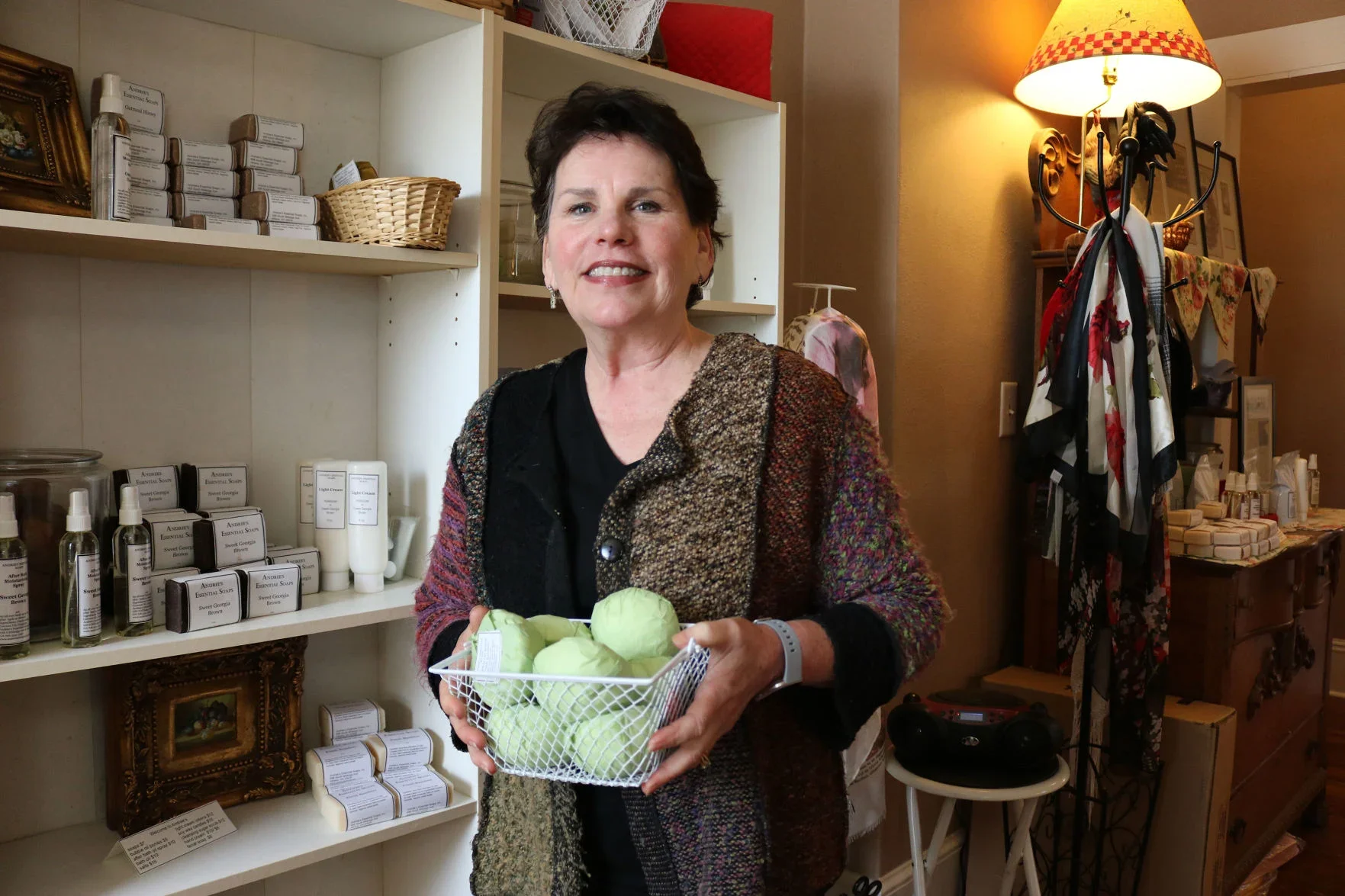When Athens native Lamon Carson attended Burney-Harris-Lyons Middle School as a child in the mid-2000s, entrepreneur Jeff Snowden was invited to teach problem-solving and creativity at the school for a program through the Chamber of Commerce. After he finished speaking, Carson approached him.
“This little boy came up to me and was like, ‘I want to do what you do,’” Snowden said. “And I never shielded these kids from anything, so I was like, ‘Yeah, right you do. Do you know how hard this job is?’”
Years later, when Carson was a teenager, he picked up the phone and called Snowden, to start what would become a powerful friendship.




















